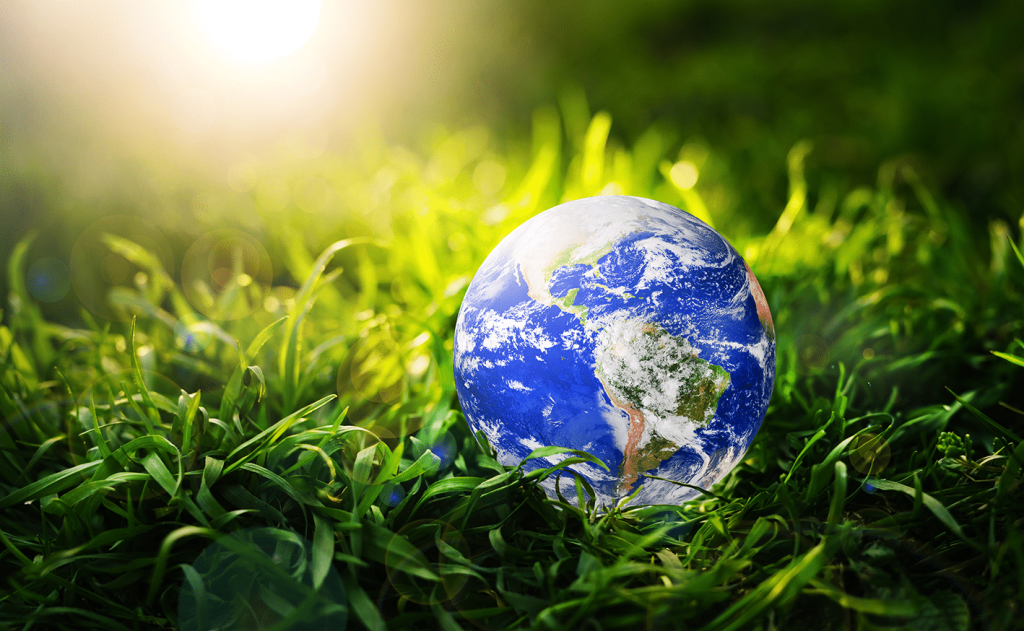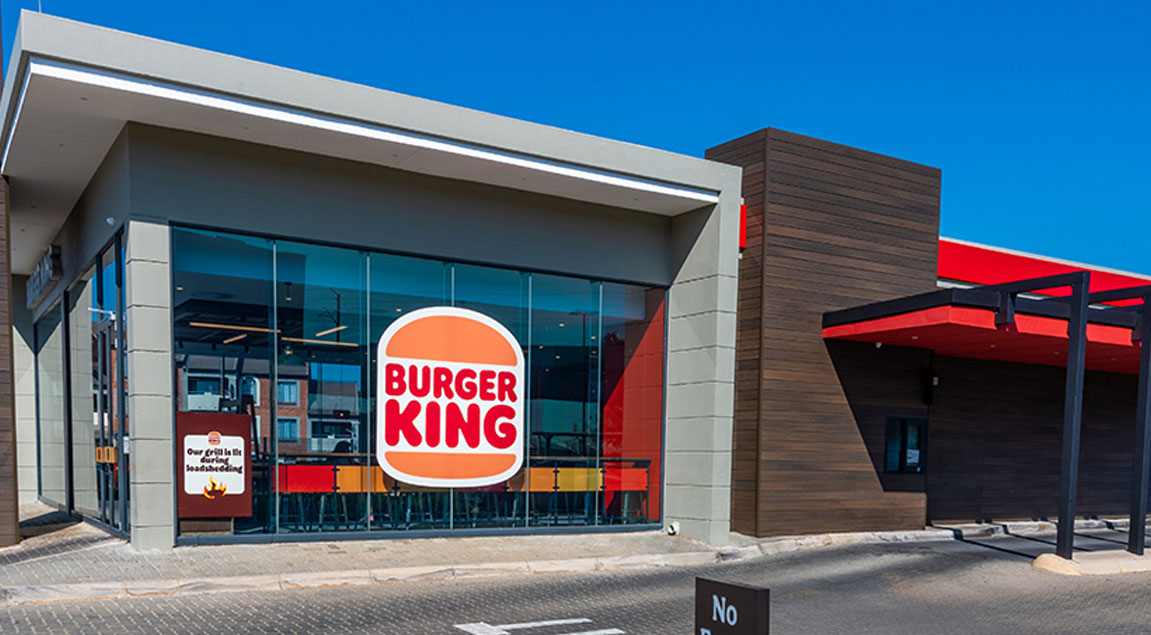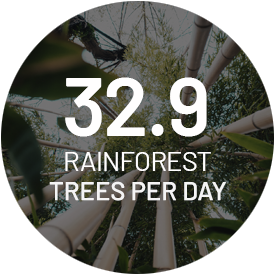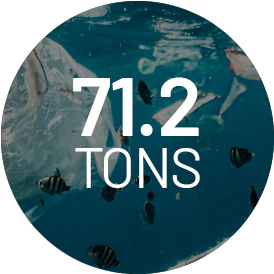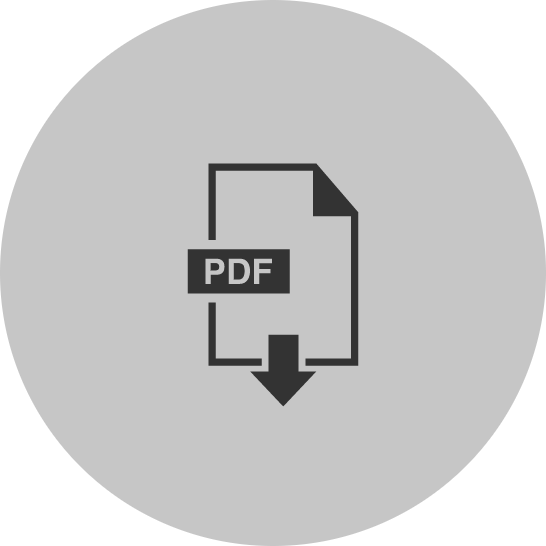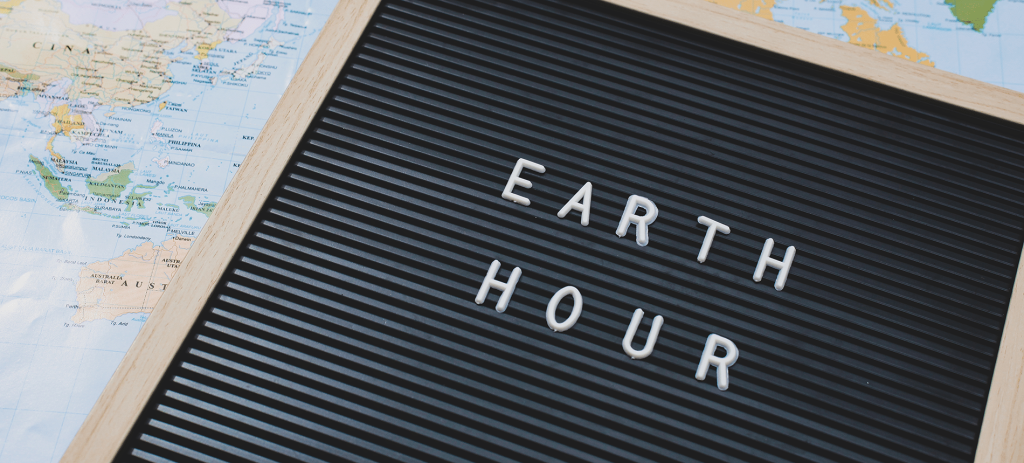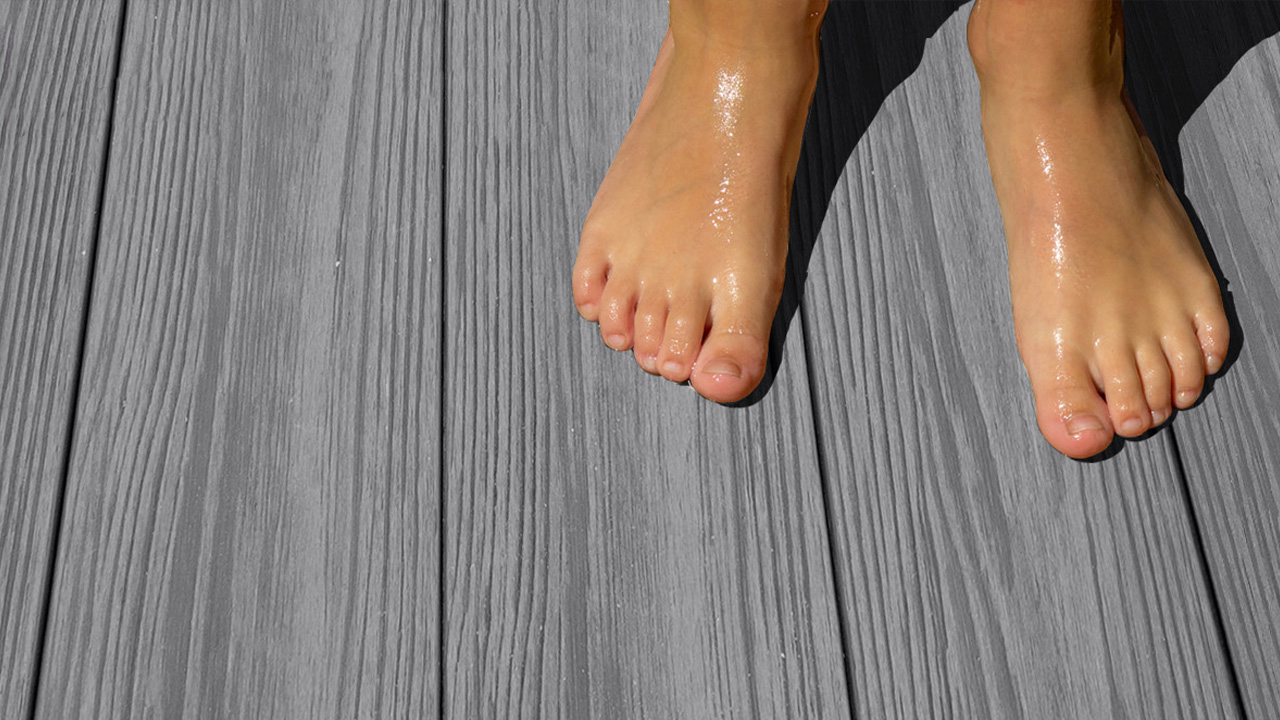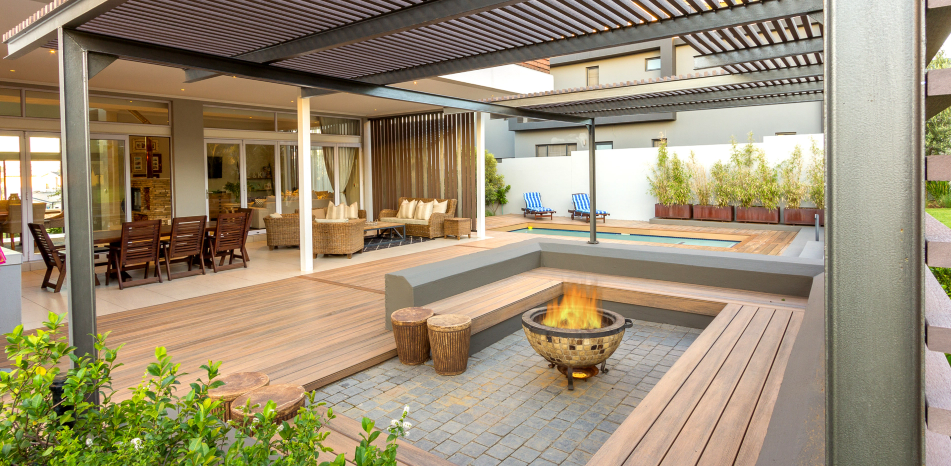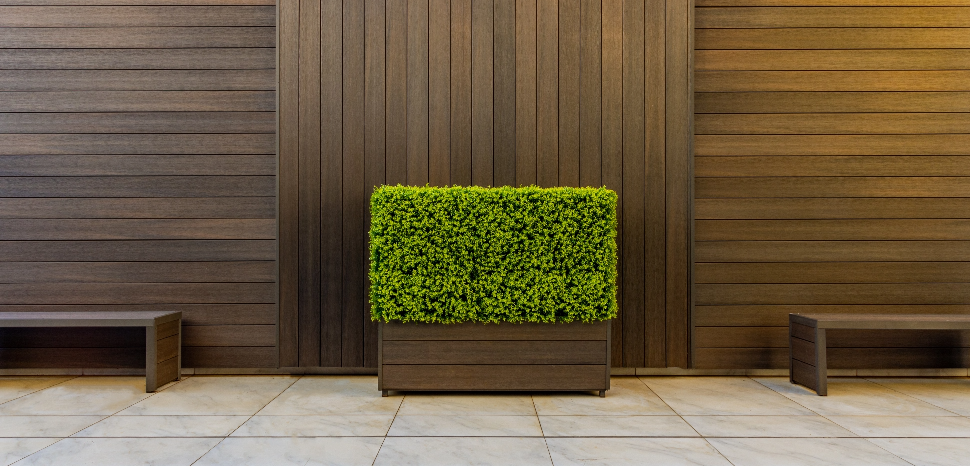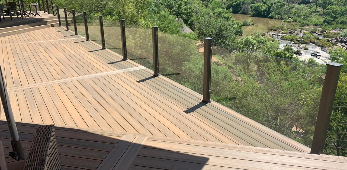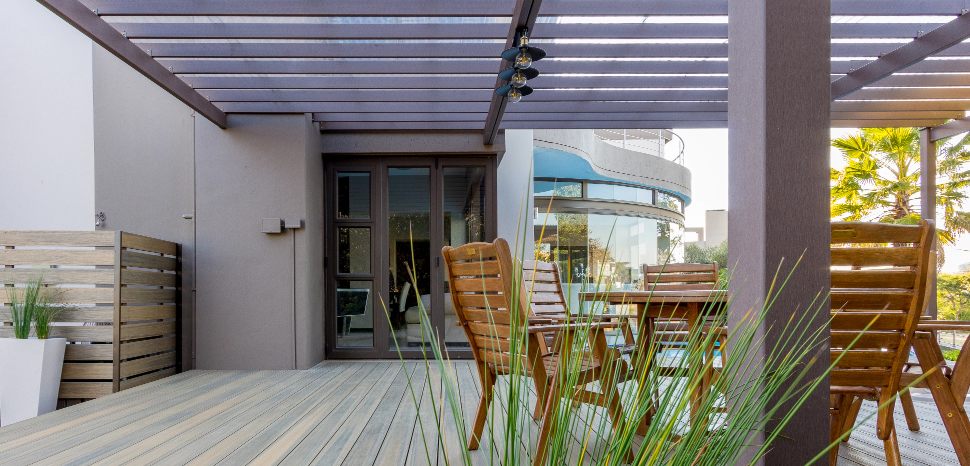EARTH HOUR IS ESPECIALLY MEANINGFUL THIS YEAR
Since the inception of Earth Hour in 2007, the World Wildlife Fund’s flagship global environmental movement has grown to involve individuals, communities, businesses, and organisations in more than 190 countries. 2021’s observance of Earth Hour, which asks that everyone switches off their lights for an hour at 8:30pm local time on the last Saturday of March, broke all records for participation.
The stated aim of Earth Hour is to serve as a tangible demonstration of our collective role in addressing the planet’s most urgent environmental challenges. Switching off our lights is intended to serve as a commitment to solidarity against climate change and the linked issues of biodiversity loss and its impact on our health.
In 2021, global leaders, celebrities, individuals, youth groups and businesses from 192 countries observed Earth Hour, making the #EarthHour tag trend across Twitter and Google search, with more than 6.7 billion impressions globally on social media channels and 1.2 billion social views on TikTok alone. The Earth Hour Virtual Spotlight video, narrated by South Africa’s John Kani, highlighted the link between nature loss and pandemics, gaining 2.4 million views within 24 hours – the most watched video in Earth Hour’s history.
The reason behind the growing groundswell of support is the successful amplification of climate change and biodiversity issues in the media and political landscape, leading to wide-ranging climate change mitigation commitments from global leaders at the COP26 summit in Scotland in November 2021.
According to the Earth Hour WWF team, despite Covid-19-related restrictions, the Olympic Bird’s Nest Stadium in Beijing, Tokyo Skytree, Hong Kong’s Victoria Harbour, Petronas Towers in Kuala Lumpur, Gardens by the Bay in Singapore, Eiffel Tower, London Eye, Kremlin, St Peter’s Square in the Vatican, Rome’s Colosseum, Acropolis in Athens and Niagara Falls switched off their lights for Earth Hour 2021.
Since the inception of Earth Hour in South Africa, landmarks such as Table Mountain and the V&A Waterfront in Cape Town and the Nelson Mandela Bridge and FNB Stadium in Johannesburg have participated in switch-off events.
Tennis player Andy Murray, the Prince of Wales and Duchess of Cornwall, DJ Armin van Buuren and Jamaican music star Sean Paul are just some of the celebrities who threw their weight behind Earth Hour in 2021, with 2022 promising to build even further on the global movement.
In South Africa, Earth Hour will follow successful challenges to environmentally threatening fossil fuel exploration off the country’s coastline, as well as rapidly formalising commitments by the government to a greener future and just energy transition. In this context, 2022’s Earth Hour will be the most meaningful yet.
The stated aim of Earth Hour is to serve as a tangible demonstration of our collective role in addressing the planet’s most urgent environmental challenges. Switching off our lights is intended to serve as a commitment to solidarity against climate change and the linked issues of biodiversity loss and its impact on our health.
In 2021, global leaders, celebrities, individuals, youth groups and businesses from 192 countries observed Earth Hour, making the #EarthHour tag trend across Twitter and Google search, with more than 6.7 billion impressions globally on social media channels and 1.2 billion social views on TikTok alone. The Earth Hour Virtual Spotlight video, narrated by South Africa’s John Kani, highlighted the link between nature loss and pandemics, gaining 2.4 million views within 24 hours – the most watched video in Earth Hour’s history.
The reason behind the growing groundswell of support is the successful amplification of climate change and biodiversity issues in the media and political landscape, leading to wide-ranging climate change mitigation commitments from global leaders at the COP26 summit in Scotland in November 2021.
According to the Earth Hour WWF team, despite Covid-19-related restrictions, the Olympic Bird’s Nest Stadium in Beijing, Tokyo Skytree, Hong Kong’s Victoria Harbour, Petronas Towers in Kuala Lumpur, Gardens by the Bay in Singapore, Eiffel Tower, London Eye, Kremlin, St Peter’s Square in the Vatican, Rome’s Colosseum, Acropolis in Athens and Niagara Falls switched off their lights for Earth Hour 2021.
Since the inception of Earth Hour in South Africa, landmarks such as Table Mountain and the V&A Waterfront in Cape Town and the Nelson Mandela Bridge and FNB Stadium in Johannesburg have participated in switch-off events.
Tennis player Andy Murray, the Prince of Wales and Duchess of Cornwall, DJ Armin van Buuren and Jamaican music star Sean Paul are just some of the celebrities who threw their weight behind Earth Hour in 2021, with 2022 promising to build even further on the global movement.
In South Africa, Earth Hour will follow successful challenges to environmentally threatening fossil fuel exploration off the country’s coastline, as well as rapidly formalising commitments by the government to a greener future and just energy transition. In this context, 2022’s Earth Hour will be the most meaningful yet.
“Statistics show that in the last 50 years there have been massive declines in the population sizes of many species. Whether in documentaries about coral bleaching due to warming oceans on Netflix or in the highly publicised legal proceedings to prevent potentially harmful prospecting off South Africa’s shores, climate issues are now all around us and we need to make changes to make life on this planet sustainable,” says Nathan Chapman, co-founder of eco-friendly building materials group Eva-Last.”
Eva-Last is in the process of converting its manufacturing processes to solar power and is already saving over 2 000 tons of CO2 emissions per day. The company uses recycled waste plastics and fast-growing, easily replenished bamboo to create its composite decking, cladding and other composite products.
To further support sustainability measures, by buying an Eva-Last product you automatically join Eva-Last’s ‘Earth Mission’ which endeavours to save the planet one composite product at a time. Not only does Eva-Last help reduce deforestation through the use of sustainable bamboo; but helps in the fight against pollution with the use of recycled waste plastics which would otherwise end up polluting our land and oceans. Over and above producing sustainable building materials, Eva-Last’s Earth Mission takes the company’s cause a step further with the introduction and support of various initiatives that promote a greener future for all.
It is fantastic to see that our decisions made in our company more than a decade ago are very much in line with climate change mitigation measures today, which is why our products are used so extensively in Green Star-rated buildings around the world. We can all do more to make this world more liveable and to preserve our precious natural resources, so we look forward to taking part in Earth Hour this year to keep raising awareness.
To further support sustainability measures, by buying an Eva-Last product you automatically join Eva-Last’s ‘Earth Mission’ which endeavours to save the planet one composite product at a time. Not only does Eva-Last help reduce deforestation through the use of sustainable bamboo; but helps in the fight against pollution with the use of recycled waste plastics which would otherwise end up polluting our land and oceans. Over and above producing sustainable building materials, Eva-Last’s Earth Mission takes the company’s cause a step further with the introduction and support of various initiatives that promote a greener future for all.
It is fantastic to see that our decisions made in our company more than a decade ago are very much in line with climate change mitigation measures today, which is why our products are used so extensively in Green Star-rated buildings around the world. We can all do more to make this world more liveable and to preserve our precious natural resources, so we look forward to taking part in Earth Hour this year to keep raising awareness.
IN SUPPORT OF EVA-LAST’S EARTH MISSION, THE COMPANY ENCOURAGES ALL TO JOIN IN MAKING A SMALL AND YET SIGNIFICANT DIFFERENCE BY SWITCHING OFF THE LIGHTS FOR EARTH HOUR ON 26 MARCH AT 20:30.
